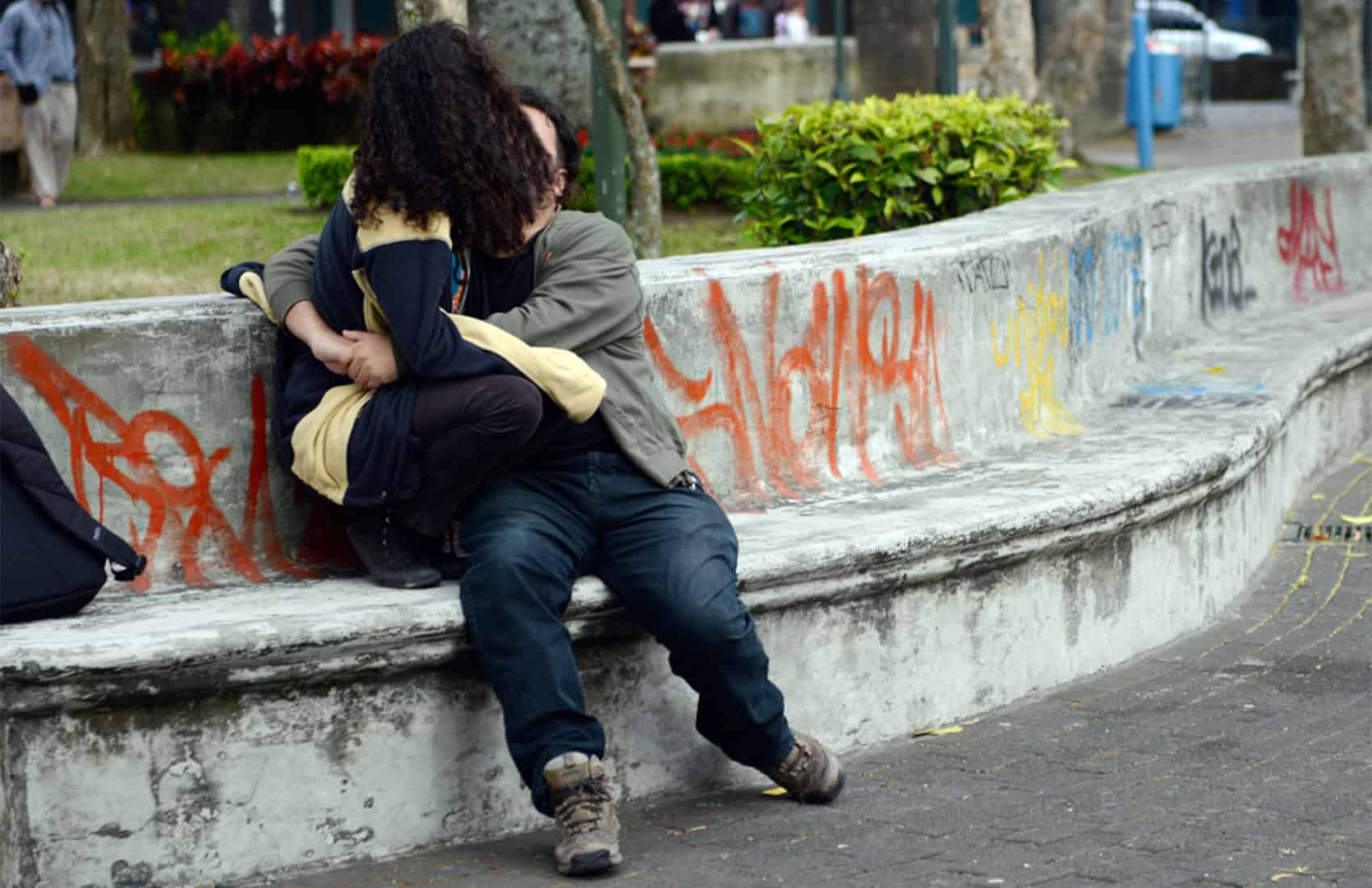The Legislative Assembly has approved Bill #19,337, which establishes prison sentences for adults convicted of having sex with a minor.
A majority of 43 lawmakers voted in favor of the bill in a second and final debate on Monday evening, while three legislators from the Libertarian Movement, plus the Broad Front’s Ligia Fallas, voted against the initiative.
The Assembly passed the bill in the first round of debate on Aug. 29, but the process stalled after a group of legislators lead by Libertarian Otto Guevara sent the bill for consultation before the Constitutional Chamber of the Supreme Court, or Sala IV. The court eventually ruled that bill did not contain any unconstitutional provisions.
The bill will take effect after President Luis Guillermo Solís signs it and it is published in the official government newspaper La Gaceta.
Elizabeth Ballestero Araya, the Technical Manager of the Child Welfare Office (PANI), told The Tico Times yesterday that the agency supports the approved bill in its entirety.
“Adults must fully understand that they should think only about protecting minors, not about having sexual relations with them,” she said.
Controversial bill
Following Monday’s vote, Guevara said he still believes the approved bill violates principles of the Iberoamerican Convention on Youth Rights and of the Universal Convention on the Rights of the Child.
“This is a hypocritical bill that lacks a legal basis,” Guevara told reporters at the Assembly on Monday evening.
Guevara again criticized the Sala IV ruling, which he says did not take into consideration various aspects of the bill that he had highlighted.
For example, he pointed out that the approved prison sentences “could result in the conviction of a 24-year-old person who is in a stable relationship with someone of 17,” he said. The Libertarian said that there are a lot of relationships like that in Costa Rica, and now all these people could face criminal charges.
Emilia Molina from the ruling Citizen Action Party welcomed the positive vote and said the new law will be vital for protecting Costa Rican minors.
“This law is a commitment to the protection of our children and adolescents’ innocence, health and future,” she said.
Casa Presidencial also expressed satisfaction with the vote. Vice President Ana Helena Chacón Echeverría said in a statement that the initiative gives minors the right to live their lives with dignity and without “abusive relationships where they are subjected to forced early marriages and pregnancies. They now will be able to focus on staying in school.”
Ombudswoman Montserrat Solano Carboni said that various international organizations have been asking countries without laws that ban these types of relationships and ban marriages with underage people, to put such laws on the books. In this sense Costa Rica has paid a debt by passing the bill, she said.
Solano told The Tico Times that she agrees with the age difference ranges included in the bill, as Costa Rica has high rates of teenage pregnancy that in most cases were caused by men many years older than their partners.
“In the end, we need people to understand that engaging in a relationship with an underage person is wrong,” Solano said, and added that men in countries with similar laws “now are used to asking girls their age when they meet them, in order to avoid legal problems.”
The Ombudswoman added that young women need more and better sex ed, and the population in general needs a change of mindset about certain behaviors and cultural patterns.
“I’ll give you an example. People here use the term ‘viejos verdes‘ (dirty old men) for old men who hunt underage girls, but they should be called pedophiles. That’s the appropriate term, and we shouldn’t make jokes about it or use funny names,” she said.
Elizabeth Ballestero of PANI pointed out that boys and girls in their adolescent years are in the process of understanding their roles in the society.
“They look for affection, acceptance, identification, and that makes them vulnerable to older people offering them a relationship,” she told The Tico Times.
She said she also believes the country still needs to move forward with strategies to protect minors from situations derived from social media and other technological tools that expose them to a broad range of risks.
Approved law
The approved legislation, known as the “Bill to Ban Improper Relationships,” amends various articles of the country’s Criminal Code, Family Code and Civil Code, as well as laws of the Supreme Elections Tribunal and the Civil Registry.
Under Costa Rican legislation, sex between an adult and a person under 13 is considered rape.
The new law closes a loophole that had left minors between ages 13 and 18 unprotected, as no previous law provided any legal sanctions for sexual relationships between adults and those adolescents.
Prison sentences in the new law depend on the age difference between the adult and the adolescent. For example, sentences range from three to six years when the adolescent is between the ages of 13-15 and the adult is five or more years older. In the case of an adolescent between 15-18 years old and an adult who is seven or more years older, the sentence will be two to three years in prison.
A sanction of four to ten years would apply when the adult is the minor’s family member, legal guardian or caregiver, or has a close relation with the adolescent or his or her family.
The law also bans marriage between people under 18; between an adult and a minor; and between an adoptee and any member of his or her adoptive family.
Data from the National Institute of Statistics and Censuses indicate that there were 290 births from mothers under 15 years old in 1983, and the number rose to 460 in 2015. Almost 90 percent of these pregnancies were from adult men.

